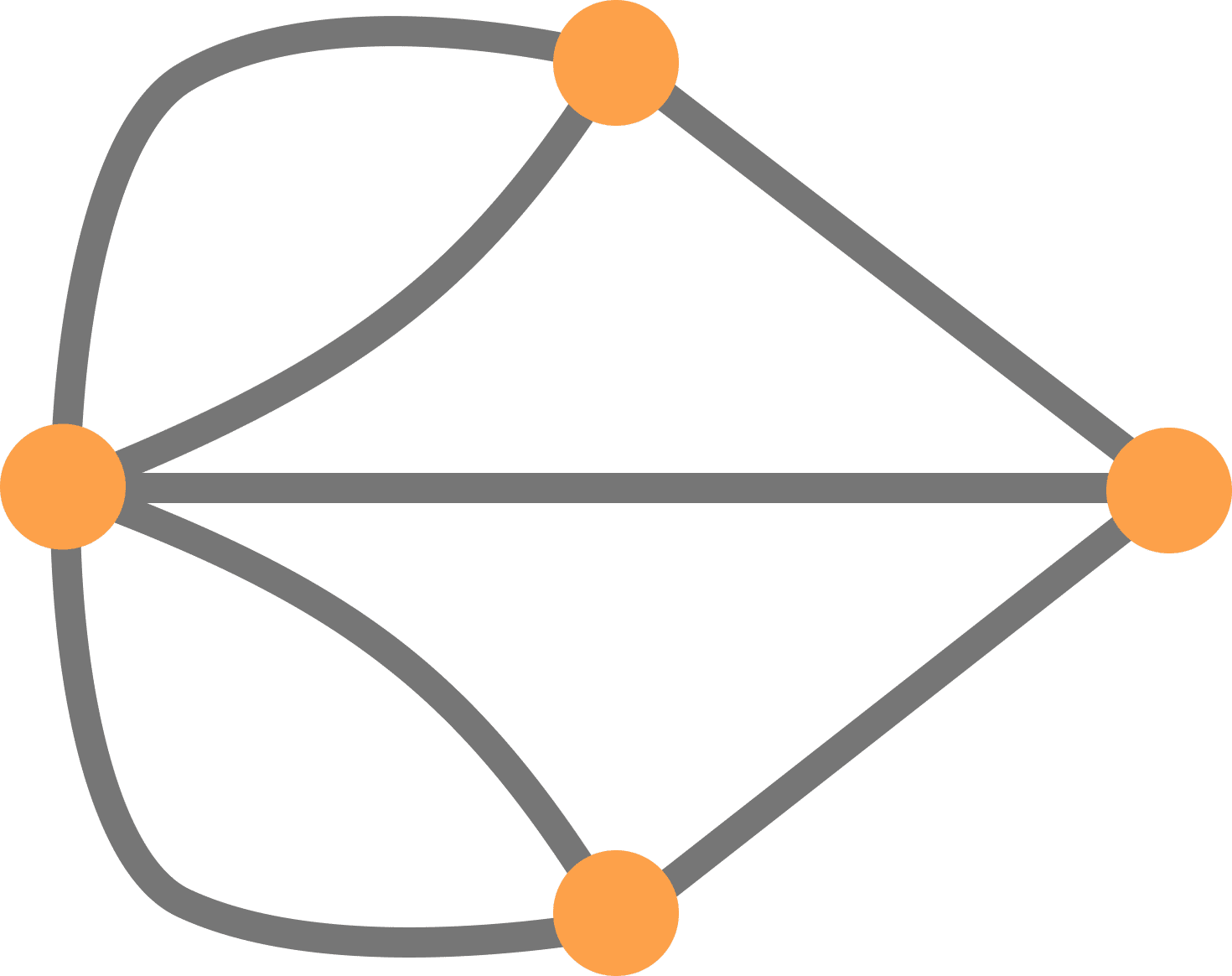COURSE DESCRIPTION
MBA-ECO 501: Foundations of Economics introduces students to the fundamental principles of economics, with a focus on the key contributions of classical economists. This course provides a comprehensive overview of economic theory, from the foundational ideas of figures such as Adam Smith, David Ricardo, and John Stuart Mill to their lasting impact on modern economic thought and policy.
Students will explore the classical theories of markets, labor, value, production, and distribution, developing a deep understanding of how these ideas laid the groundwork for modern economics.
Through critical analysis and discussion, students will gain insights into the historical context of classical economics and its relevance in addressing contemporary economic challenges. The course aims to build a solid foundation for students pursuing advanced study in economics, business, and policy, offering the necessary analytical tools to engage with both theoretical and practical economic issues..
COURSE OBJECTIVES | LEARNING OUTCOMES
By the end of this course, students will be able to:
- Understand Classical Economic Theories:
- Articulate the key ideas and contributions of classical economists such as Adam Smith, David Ricardo, and John Stuart Mill, including their views on markets, trade, and economic growth.
- Analyze the Classical Model of the Economy:
- Demonstrate an understanding of the classical economic model, including the labor theory of value, the distribution of income between wages, profits, and rents, and the role of competition in the market.
- Apply Classical Economics to Modern Issues:
- Critically assess how classical economic principles apply to contemporary economic issues, including debates on free trade, labor markets, and income distribution.
- Evaluate the Role of Government in Economic Systems:
- Examine classical perspectives on the role of government in the economy, particularly in relation to taxation, public goods, and regulation.
- Develop Analytical Skills:
- Use classical economic concepts to analyze and interpret economic data, market behaviors, and policy implications, applying critical thinking to evaluate both theoretical and real-world economic scenarios.
- Identify the Evolution of Economic Thought:
- Trace the historical development of economic thought from classical economics to modern economic theories, understanding how classical ideas have shaped later economic models and policies.
- Critically Evaluate Classical Economics:
- Assess the strengths and weaknesses of classical economic theories, considering critiques from later economists and their implications for current economic policies and practices.
This course provides students with the foundational knowledge required for advanced study in economics and business, equipping them with the tools to engage with both theoretical frameworks and practical economic challenges.
COURSE CMS SPECIFICS
Credit value: 3-6 (US standard) | 6-12 (ECTS standard)
Indicative duration (full-time): 4-10 weeks
Indicative duration (part-time): 5-12 weeks
Certificate: Yes
COURSE METHODOLOGY
This course is based on standard EUCLID methodology. Students may refer to the following resources:
Academic Guidelines (HQ version)
Academic Guidelines (most recent version, even if unofficial)
Student Orientation Guidelines (most recent version, even if unofficial)
Zotero instructions for EUCLID students
Grammarly instructions for EUCLID students
REQUIRED TEXTS AND MATERIAL
Course material is provided in the form of embedded videos, audio MP3s, and/or downloadable PDFs.
ASSESSMENT METHODS
Written Assignments, Response Papers and Major Paper: 40% (must pass)
Quiz: 10% (must pass)
Final Exam: 50% (must pass)
COURSE SYLLABUS | ACCESS TO 7 PERIODS


